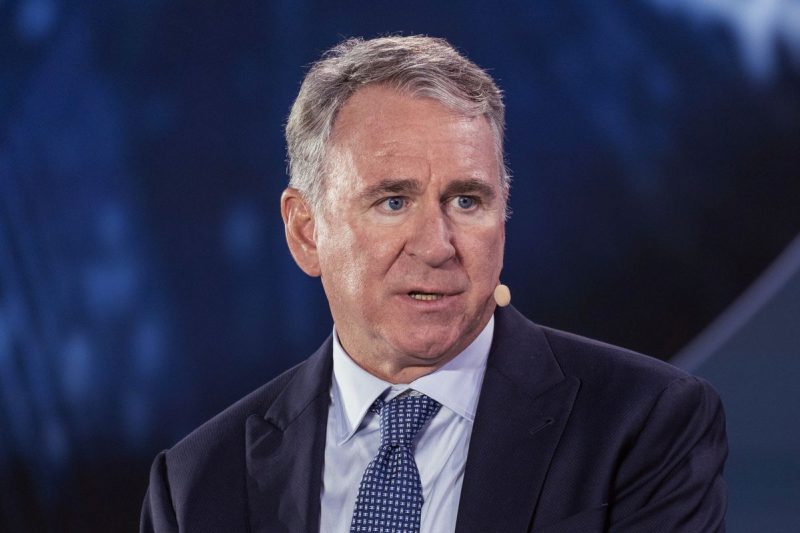The back-to-back collapse of banks in the United States prompted regulators to step into the arena and take matters into their own hands. As a result, the Citadel Hedge Fund’s CEO, Ken Griffin, depicts that capitalism is “breaking down before our eyes.”
For context, the U.S. Treasury, Federal Reserve, and Financial Deposit Insurance Corporation stepped in to bail out the customers of the collapsed Silicon Valley Bank and Signature Bank.
Also Read: Coinbase Holds $240M in Signature Bank: Expects to “Fully Recover” Funds
Citadel CEO: Key Warnings Were Missed
In an interview with the Financial Times, Griffin opined that the U.S. taxpayers “should not have to bail out” institutional investors. Further elaborating on the same, he added,
“The US is supposed to be a capitalist economy, and that’s breaking down before our eyes. There’s been a loss of financial discipline with the government bailing out depositors in full.”
On March 13, HSBC UK Bank acquired SVB’s UK arm for £1. The sale was facilitated by the Bank of England in consultation with the UK Treasury. After the acquisition, U.K. Chancellor Jeremy Hunt went on to assert that “deposits will be protected” without the support of the taxpayers.
Also Read: HSBC Acquires Silicon Valley Bank’s UK Arm for £1
A few skeptics have opined that the Fed’s move to rescue the banks’ customers highlights the fact that regulators missed out on key warning signs. Elaborating on the same, Griffin said,
“The regulator was the definition of being asleep at the wheel.”
In fact, he went on to add that the U.S. economy was strong enough to take care of itself, without the support of the regulators. He said,
“It would have been a great lesson in moral hazard. Losses to depositors would have been immaterial, and it would have driven home the point that risk management is essential. We’re at full employment, credit losses have been minimal, and bank balance sheets are at their strongest ever. We can address the issue of moral hazard from a position of strength.”





